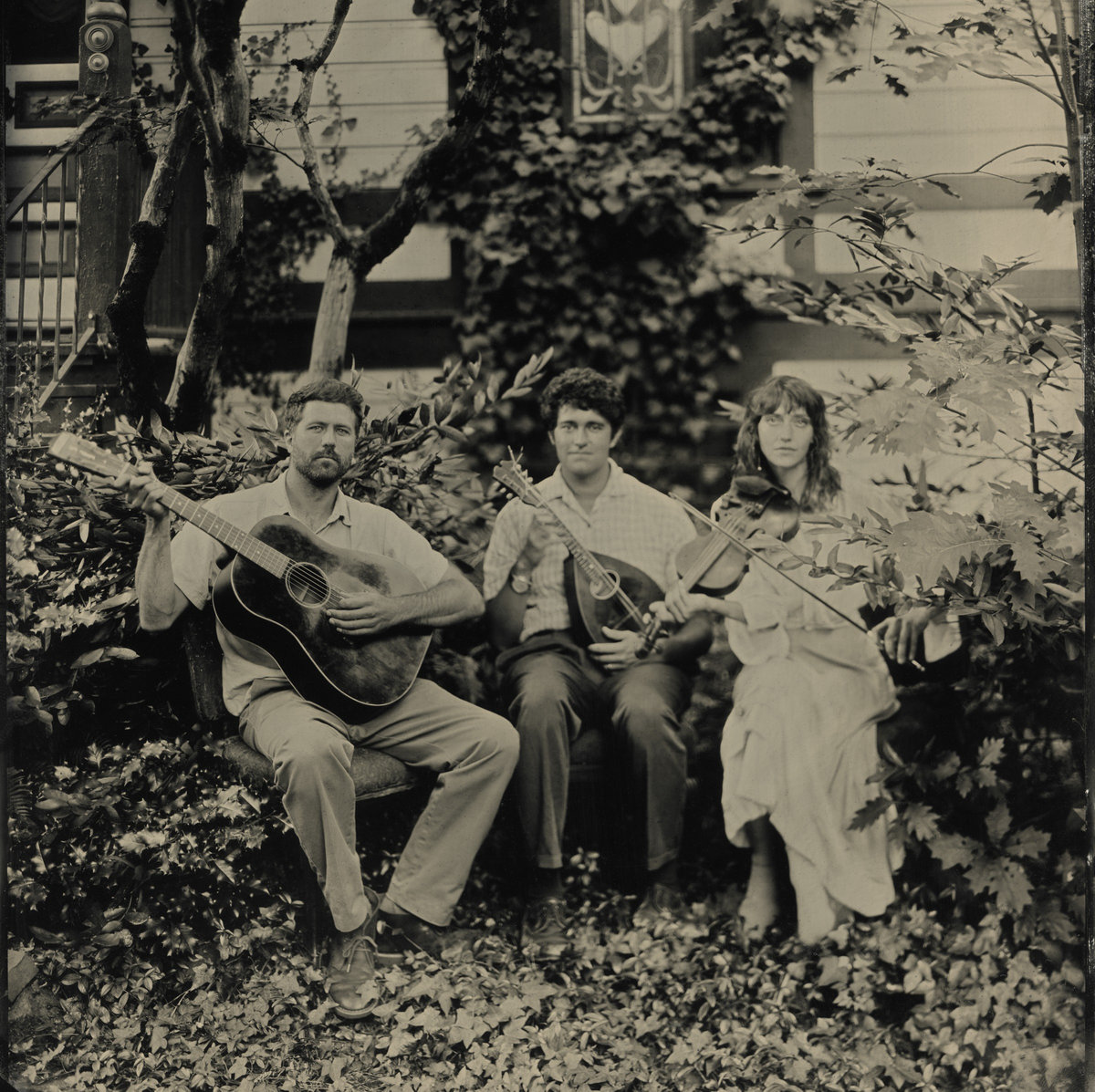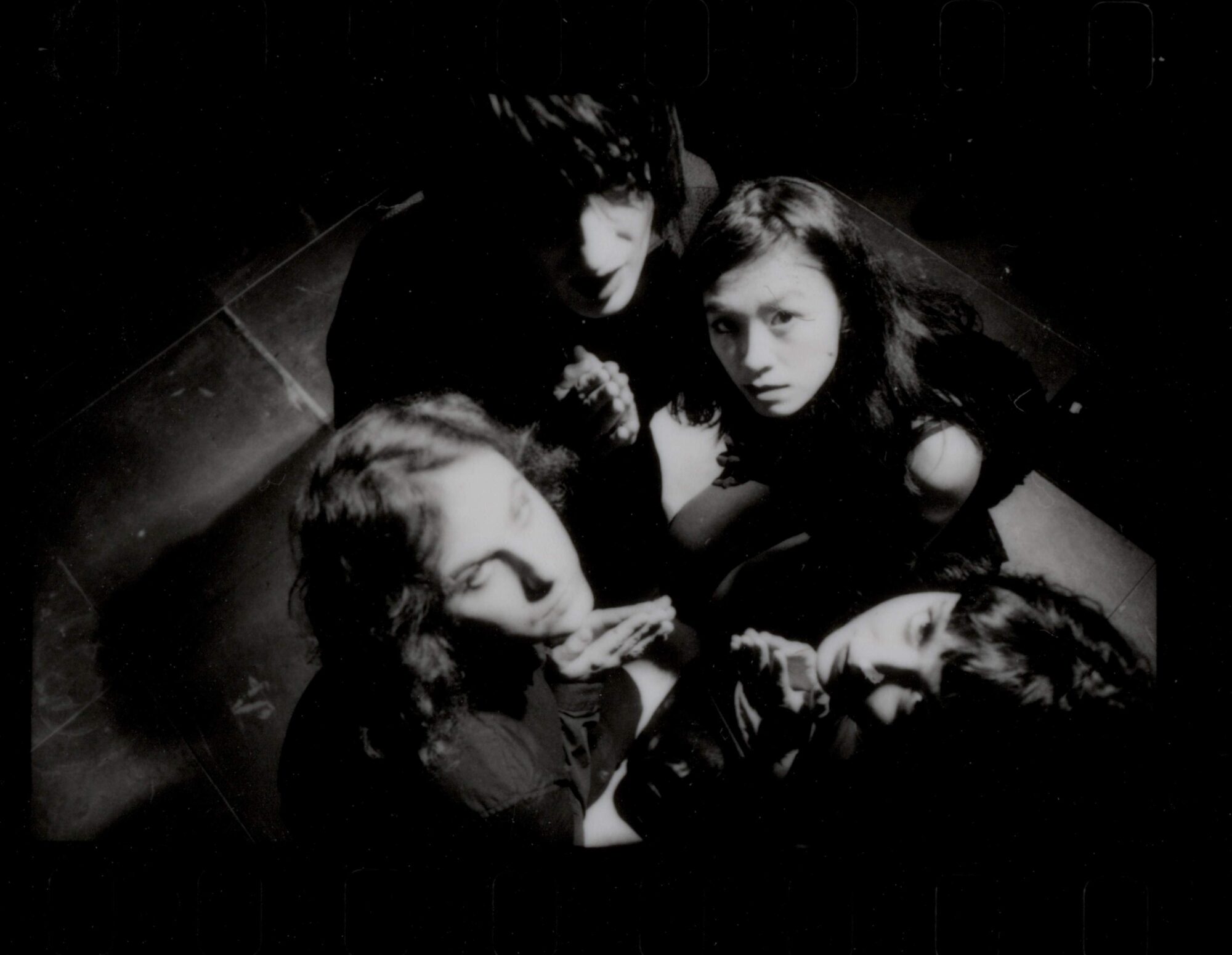Beau – ‘Al Killem’s Final Show’ (2022)
Two hundred years ago (i.e. B.G., Before Google), he’d have been a contributor to The Republican, a paid-up member of the Dissenters perhaps, a participator in the Peterloo Massacre across the Pennines. Or a late troubadour against the Rotten Boroughs, whose descendants still persist today and even more brazenly during a time of illness. But there probably won’t be any Chartists or Northern Star over the horizon. These are the times we find ourselves in.
The musician’s title, illustrated with a ventriloquist’s dummy, gives a nod and firm elbow nudge to a repertoire ranging from tickling innuendo, through slap and tickle ribbing to feather-duster bludgeoning, with TCP whiffery thrown in. Play on words’ meanings and poetics is a clever element of 75-year-old Beau’s (i.e. C.J.T. Midgley’s) fecund recording career of late. This wordsmith has been sharing thoughtful insights since first recording a couple of albums for John Peel’s Dandelion label five decades ago. This is his 13th release for Cherry Red alone, among others, all with his sonorous 1968 harmony 12-string guitar.
Is it coincidental that renowned social satirists of English foibles such as Alan Bennett and Jake Thackray, an EMI folksinger in the 60s often seen on television, were both born in Leeds like our subject? In fact, Jake lived only a couple of miles up the Otley Road, in Cookridge. Both appeared on Radio Leeds’ opening show in 1968 and bumped into each other over the years, including at Highcliffe Folk Club in Sheffield in the late 70s when Beau was using his John Trevor nom du musique. Alan Bennett’s dad had the nearby butcher’s shop just a couple of hundred yards from Beau’s home in Far Headingley. Alan was 12 years his senior, schoolboy Beau delivered meat for the shop’s successor in the ‘50s. How fate throws into the air its quirks to watch them land. Being compared since to such as Phil Ochs, Tom Paxton and fellow-12-stringer Lead Belly, as well as Roy Harper in England, he can be more incisive than a lot of Bob Dylan and almost as earthy as labelmate Kevin Coyne or activist Ewan MacColl.
Love of language and its progenitor, thought, shines through his prolific 21st century output. The great American writer Gore Vidal said in an interview that the great problem with his country is that people now only have opinions not thoughts. Of course, this modern virus has spread to the UK and much further, but Beau is a humble, secret antidote, rather like the first (two) anti-Covid vaxs developed by Cuba and given free to Africa but secretly banned by America along with its poodle allies. Ironically, Beau’s first single for Dandelion (1917 Revolution), a classic, was banned in America although allegedly inspiring the worldwide hit A Horse With No Name by the absurdly-named America (they wrote it while staying with Arthur Brown in Dorset’s English countryside).
Beau humbly calls the new album “a couple of whimsies, a couple of weepies, and a few other bits and bobs”. Yet includes a flick-knife arsenal whetted to shining sharpness on such big topics as First World concerns, cancel culture, wokery (an obvious result of flaws in education such as linguistics at the very least), show-business and its changes, dreams, bingo, English medical euphemisms and other themes brought into focus via the satirical tool of irony during (so-called) lockdowns, another American military term of course.
Fourteen songs of fifty minutes kick-in with an ironical slow strum (called Here We Go Again!), an ironical reference perhaps to a false rumour at the time of his Dandelion recordings that he was a member of the Communist Party. Of course, such appraisals are worse and rife in our internet-driven age. The amusingly jaunty title track focuses on northern working clubs (a Willie Eckerslyke!): “Truly a vintage feast / As blue as blue could be / And disconcerting for a priest, / profoundly un-PC! / He flashed his audience a grin / And then—it’s true indeed! –The parson’s head began to spin / Like Chucky, but on speed!”
Bells Beyond The Stars is a rare ballad, the longest song here and quite Don McLean-like in its beauty. Triumphing over adversity, it tells critics that he doesn’t need an instrument only a sound beyond the stars and presumably this earth’s atmosphere. Top notch rhymes vary their schema song by song, sometimes with last lines repeated for emphasis. Wise words permeate Socrates (It’s a wise man that knows how little he knows), careful though as the borders can be thin…Euphemism Song is a witty giggle about English linguistics regarding the body (now more vulgarly treated as mirrored in their comedy?) and also the aging process. How do foreign health workers cope with this trait? he wonders elsewhere. Nothing Worse has an interesting guitar twist, appropriately for a between-the-lines dig at slaves to ‘their’ media e.g. during the big C that deflected from other important subjects, as does Ukraine of course. At my place of work, some staff were wailing that they hadn’t had a text about their third jab: then next sentence bragging that they’d 30 people at their New Year party!
A To B, ostensibly about a dream, also mentions similar period insights, though doesn’t go so far as to point out that government press releases told media outlets to concentrate on poor countries and their decrepit hospital systems for affect, hence Italy, Brazil, India dominated. Don Giuseppe Berardelli points out their lack of proper (and one would think basic) elements such as data-keeping while involving a septarian. A parable of working class life (Hildegard of Bingo) is a real rib-tickler, very Bennett-like with great rhymes, and characters such as “the cops who kept all the stash”, as they do, while no one there “could anticipate that a piece of slate / Would decapitate the Mayor”.
The Proper Folk Tradition is an almost cruel dig at that hobby, while Tiger’s Tale looks at a popular American television show hosting the Duke and Duchess of Sussex (whoever they are) arraigned before the “powerless sheep” (ditto). The slipperiness of concepts called truth, especially in this media-power age, feature in two songs (Deadly Nightshade — “has it descended on everyone? —and Immaculate Deception, with Cancel Culture seemingly predicted by J.S. Mill 150 years ago). The finale was inspired by Bob Monkhouse’s “In show business sincerity is everything. If you can fake that you’ve got it made”, though I heard it was first (or adapted) by an American media mogul. The ironic title I’m Sorry with its closing line superbly sums up this release.
In some topics he-of-the-schoolboy-nickname cuts through the fake news and bare faced lies that now is mainstream media; it would be roaring to see this characteristic expanded subject-wise. He has been rightly compared in a website (folking.com) to the satirical writer Jonathan Swift, and I think we can add the great Austrian writer Karl Kraus or French pamphleteer Leon Bloy without the apocalyptic religion. After a brace of albums in the preceding century, we can enjoy at least a dozen in this one, alongside electronic work as Simfonica, a musical about Warhol co-written with Steve Clayton of Tractor fame, and countless reissues across Europe and Japan (perhaps the tag John Trevor, used on a Dandelion sampler, is dormant now—unless perhaps in a band format?).
And another vinyl reissue has been added to many others, this time on heavy quality via Trading Places (Italy), who have followed their debut edition with his second album on Dandelion Records, Creation when the band Tractor added some beautiful noise in 1971. A bonus track, which has wrong information on its back cover, is his contribution to Dandelion’s sampler under the nom de plume John Trevor, a second take of the delicious Sky Dance.
Cherry Red’s new recording is out on various download/streaming platforms including beausrecordings.blogspot.com, facebook.com/ 12StringBeau, and via his own website trevormidgley.com among others. Be careful music-lovers, there are bootlegs doing the rounds as well from East Europe. The internet lists him as ‘Beau guitarist’, though he’s more than that as a Swiftian lyricist oscillating between cutting satire, incisive poetry and stark beauty. It’s as if one picks up a book just for entertainment but soon realizes it is in fact a tightly focused epic that absorbs us while awaiting the sequel.
Brian R. Banks
Beau – ‘Al Killem’s Final Show’ (Cherry Red Records)




